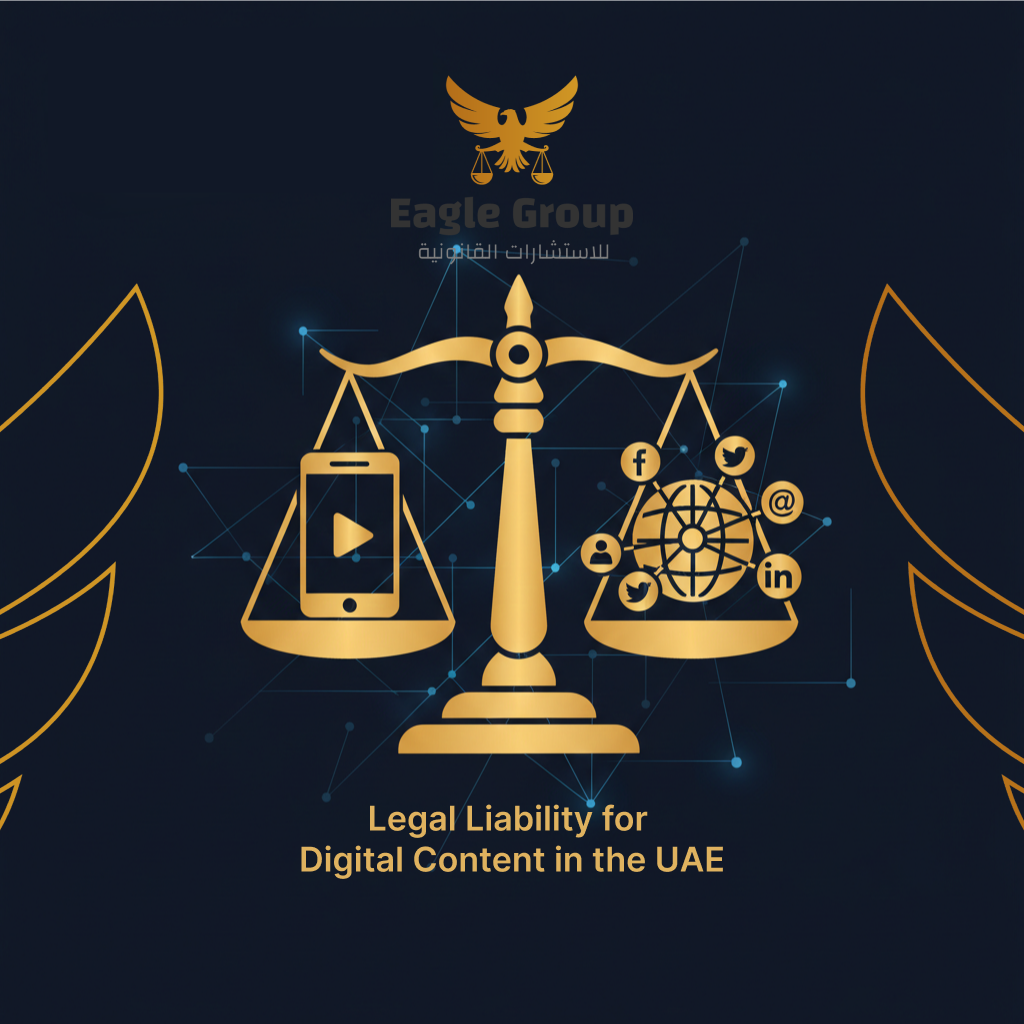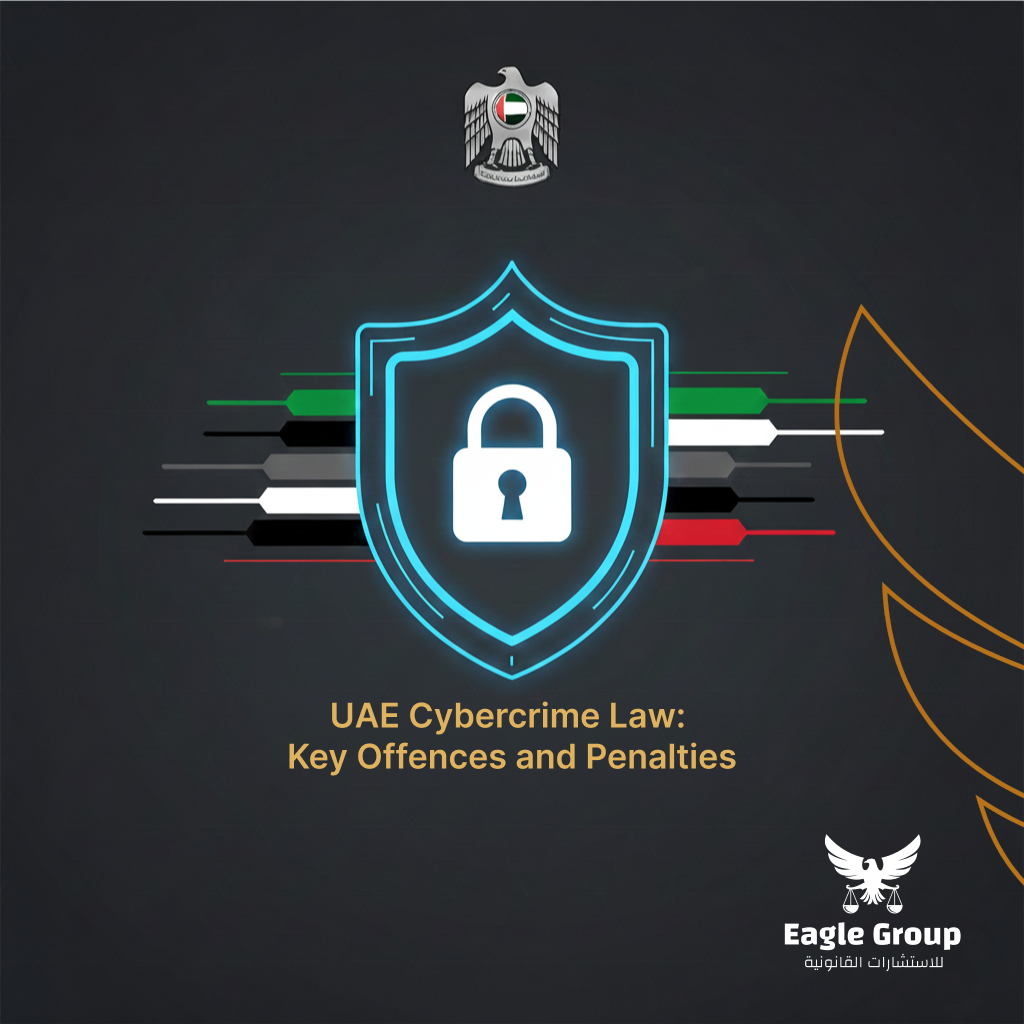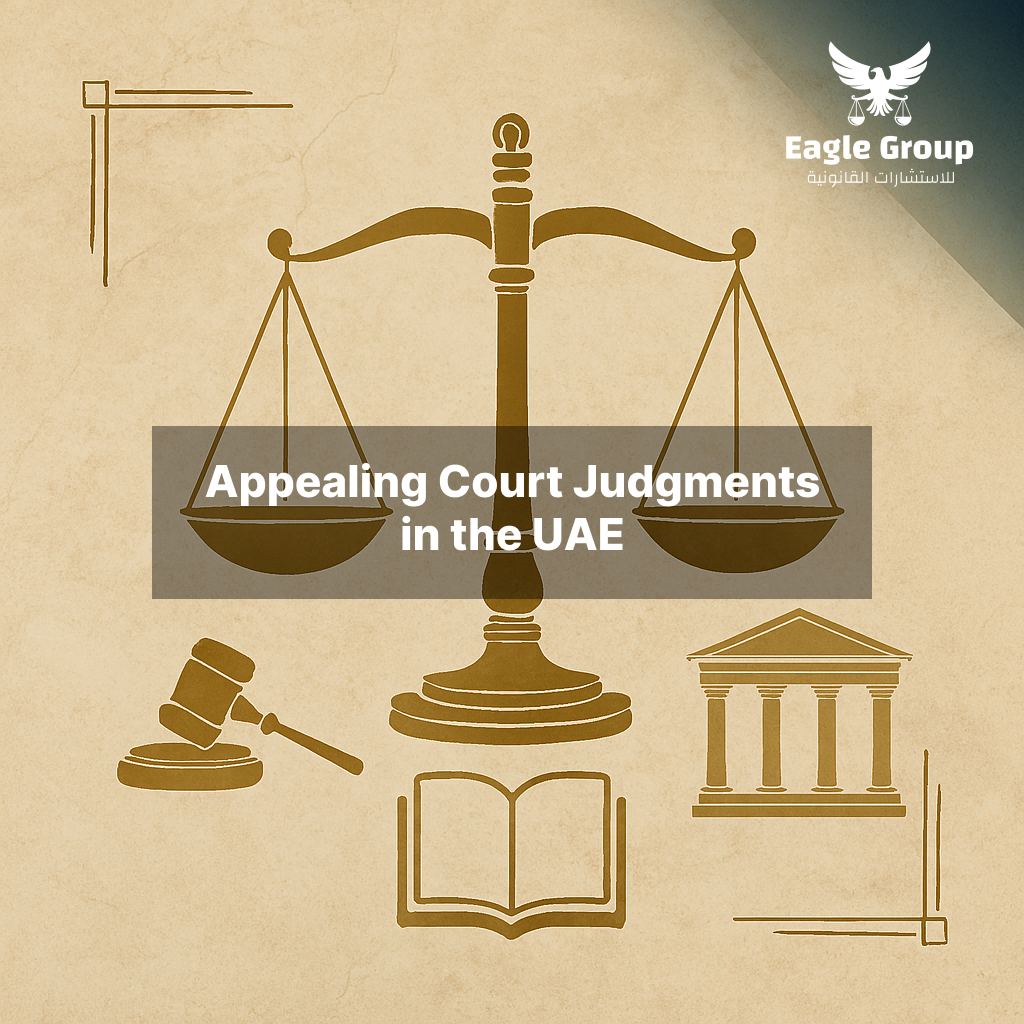Introduction
With the widespread use of social media platforms and digital channels, individuals and companies have become daily creators and publishers of online content. Despite the ease and speed of electronic publishing, many remain unaware that certain posts or comments may give rise to legal liability.
In the United Arab Emirates, digital content is governed by a strict legal framework designed to protect individuals and entities from defamation, misinformation, and violations of legal rights. This article examines the concept of legal liability for digital content in the UAE, identifies content that may trigger legal accountability, clarifies the boundaries of lawful online publishing, and outlines practical measures to avoid legal violations.
What Is Legal Liability for Digital Content?
Legal liability for digital content refers to the legal consequences borne by an individual or entity as a result of content published electronically, whether through social media platforms, websites, or other digital media.
Such liability arises when the published content includes defamation, misleading information, infringement of rights, or any breach of UAE laws, potentially exposing the publisher to civil or criminal accountability.
Types of Digital Content That May Result in Legal Accountability
1. Defamation and Harm to Reputation
Publishing statements, opinions, or allegations that harm the reputation of a person or organization without substantiated legal evidence constitutes a legal offense under UAE law, even if shared through personal accounts or framed as personal opinion.
2. Violation of Privacy
Sharing images, videos, or personal data of others without their explicit consent is considered a breach of privacy and may lead to legal liability, regardless of intent or absence of malicious purpose.
3. False or Misleading Content
Disseminating inaccurate information or false news that negatively impacts individuals or businesses, or causes material or moral damage, is a punishable legal violation.
4. Infringement of Intellectual Property Rights
Using or distributing copyrighted material—such as images, videos, written content, or designs—without authorization from the rights holder exposes the publisher to legal consequences under UAE intellectual property laws.
Corporate Legal Liability for Digital Content
Companies operating in the UAE bear legal responsibility for digital content published through:
- Official corporate websites
- Corporate social media accounts
- Online advertisements and digital marketing campaigns
- Content published by employees when acting on behalf of, or representing, the company
This liability is heightened where the content causes harm to third parties or violates applicable UAE regulations.
How to Protect Yourself Legally When Publishing Online
To mitigate legal risks associated with digital publishing, individuals and businesses are advised to:
- Verify the accuracy of information prior to publication
- Avoid offensive language or commentary on sensitive matters
- Respect intellectual property and copyright laws
- Obtain prior consent before publishing content involving third parties
- Implement clear internal policies for digital content management
When Is Legal Consultation Necessary?
Seeking professional legal advice is recommended in the following situations:
- Receipt of legal threats or complaints related to published content
- Planning or launching large-scale digital or social media campaigns
- Managing commercial accounts with a substantial audience
- Uncertainty regarding the legality or compliance of specific content
Conclusion
Digital content is no longer merely a tool for expression; it is a regulated activity that carries legal obligations. A thorough understanding of the legal framework governing online publishing in the UAE enables individuals and companies to minimize legal risks and establish a responsible, compliant, and secure digital presence that upholds the rule of law and protects rights.




